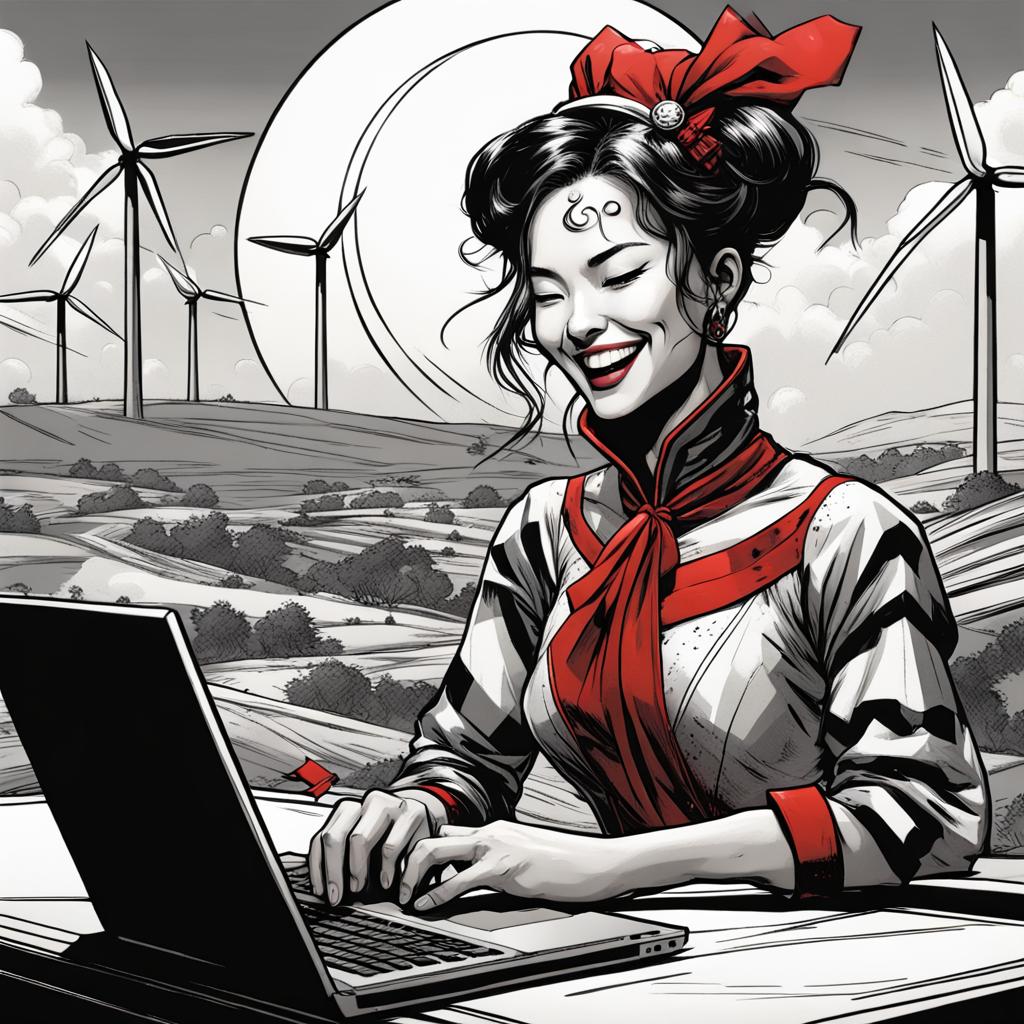Unlocking Clean Tech’s Potential: Mastering Consumer Education with Simplified Information, Engaging Stories, and Interactive Digital Strategies for a Sustainable Future.
In the burgeoning field of clean technology, consumer education is not just a marketing tool, but a necessity. The clean tech industry encompasses a wide array of products and services, from renewable energy solutions to sustainable materials, each with its own set of advantages and complexities. As the market for these technologies grows, so does the need for effective consumer education strategies. For marketers in this sector, the task is twofold: to educate consumers about the benefits and functionalities of clean tech products and to foster a culture that values sustainability and innovation.
Understanding the Consumer’s Perspective
The first step in any consumer education strategy is understanding the target audience. Clean tech marketers must recognize the diverse range of consumer knowledge and attitudes towards sustainable technologies. While some consumers are well-informed and motivated by environmental concerns, others might be more driven by cost savings or may have little to no understanding of the benefits of clean tech. Tailoring educational content to meet these varying levels of awareness and motivation is crucial.
Simplifying Complex Information
Clean tech products often involve complex technologies and concepts. Marketers should focus on simplifying this information, making it accessible and relatable to the average consumer. This can be achieved through clear, jargon-free language and by using relatable analogies. Visual aids, such as infographics and short videos, can also be effective in breaking down complex ideas into digestible pieces.
Leveraging Storytelling and Emotional Appeal
Storytelling is a powerful tool in education. By weaving the benefits of clean tech into compelling narratives, marketers can create an emotional connection with the audience. This could involve showcasing real-life case studies of how clean tech has positively impacted individuals, communities, or businesses. Emotional appeal, particularly through the lens of protecting the environment for future generations, can also be a strong motivator for consumers to learn more and embrace clean tech.
Interactive and Experiential Learning
Interactive and experiential marketing tactics can significantly enhance consumer education. Workshops, webinars, and interactive online tools allow consumers to engage directly with clean tech products, leading to a deeper understanding and appreciation of their value. For instance, an interactive calculator that shows potential savings from solar panel installation can be more impactful than a traditional brochure.
Utilizing Social Media and Influencers
Social media platforms offer a broad reach and the ability to engage with consumers in real-time. Clean tech marketers can use these platforms for educational campaigns, Q&A sessions, and to share bite-sized informational content. Collaborating with influencers who are passionate about sustainability can also amplify the reach and credibility of educational content.
Partnerships and Collaborative Efforts
Building partnerships with environmental organizations, educational institutions, and other companies can bolster educational efforts. These partnerships can facilitate access to a wider audience and additional resources. For instance, working with schools to educate young students about renewable energy can lay the groundwork for a more informed future consumer base.
Measuring Impact and Adapting Strategies
Finally, it’s important to measure the impact of educational efforts. This can be done through surveys, feedback forms, and monitoring engagement levels. Based on this feedback, strategies should be adapted and refined to ensure they remain effective and resonate with the target audience.
In conclusion, consumer education is a critical component of marketing in the clean tech sector. By understanding the consumer, simplifying complex information, leveraging storytelling, utilizing interactive methods, embracing digital platforms, forming partnerships, and continuously measuring and adapting strategies, clean tech marketers can effectively educate and engage their audience. This not only drives the adoption of clean technologies but also fosters a more environmentally conscious and sustainable society.


